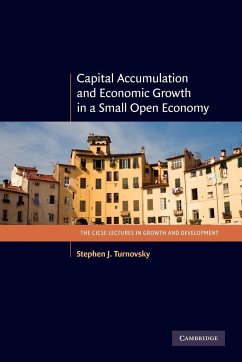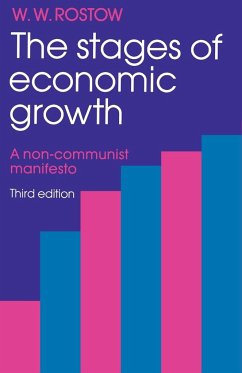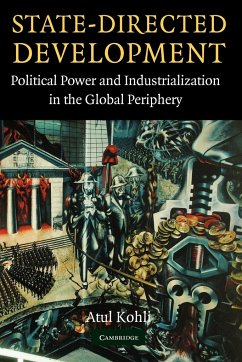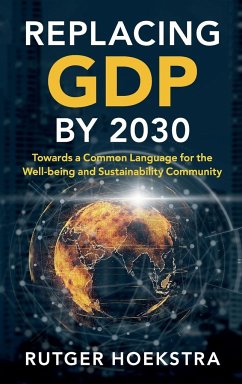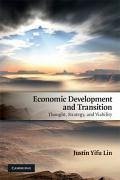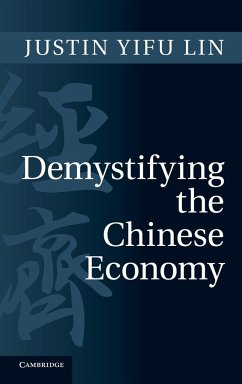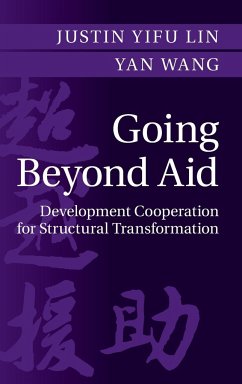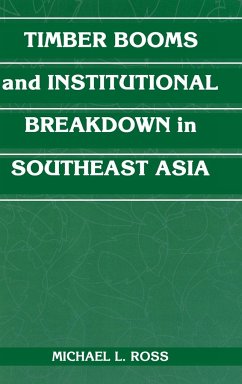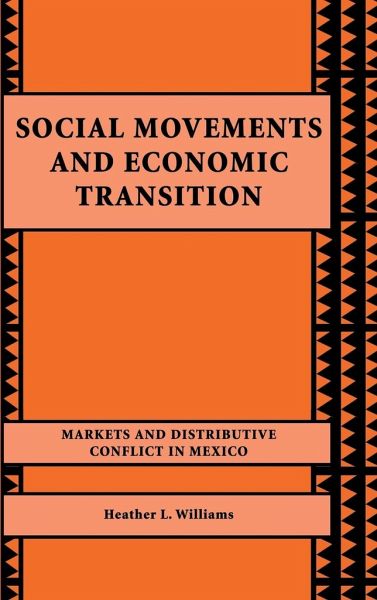
Social Movements and Economic Transition

PAYBACK Punkte
41 °P sammeln!
This book examines patterns of political mobilization among groups in Mexico whose livelihoods have been threatened by trade opening, fiscal retrenchment, and market liberalization. Using data from case studies of a worker-based movement and a farmer-based movement, Williams argues that economic transition, in altering modes of state-society bargaining, has shifted the locus of contention and has altered the form and shape of distributive protest. Williams further argues that social movements make strategic choices in their use of resources in order to widen their constituencies and extend the...
This book examines patterns of political mobilization among groups in Mexico whose livelihoods have been threatened by trade opening, fiscal retrenchment, and market liberalization. Using data from case studies of a worker-based movement and a farmer-based movement, Williams argues that economic transition, in altering modes of state-society bargaining, has shifted the locus of contention and has altered the form and shape of distributive protest. Williams further argues that social movements make strategic choices in their use of resources in order to widen their constituencies and extend the length of their insurgencies.





